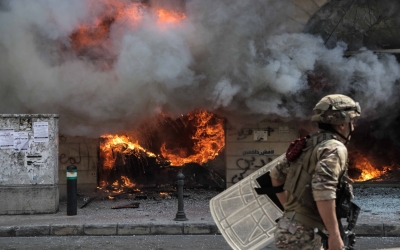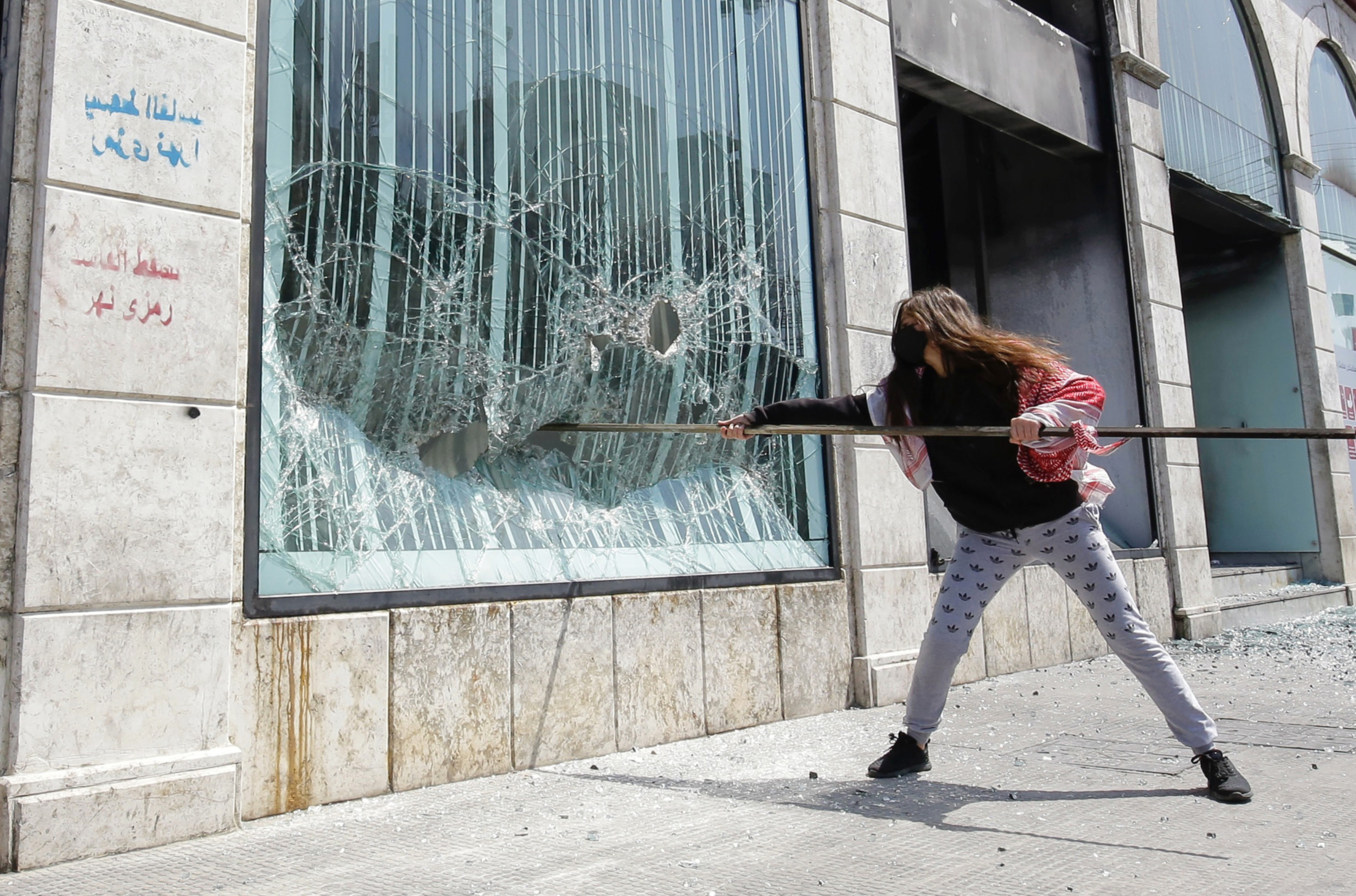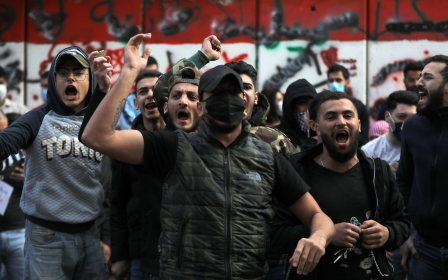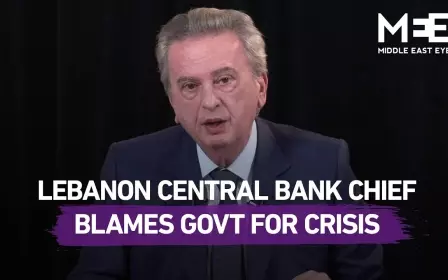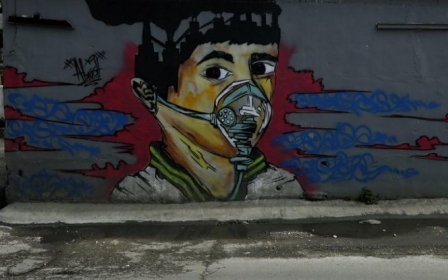'Like selling fish in the sea': Lebanon's gas hopes dashed for rescue plan

The Lebanese government last week released its ambitious economic rescue plan as the country grinds through its worst financial crisis in recent memory.
But what was notably downplayed in the 53 pages was the offshore natural gas reserves, a potential that was overhyped for years as a solution to the country’s financial woes.
Less than two months after Lebanon’s president congratulated the Lebanese people on finally joining the club of oil states, Energy Minister Raymond Ghajar declared that while offshore drilling has found traces of gas, there are no commercially viable reserves in what was supposed to be one of the country’s most promising domains.
A consortium composed of energy giants Total, Eni, and Novatek was granted the first two of Lebanon's 10 exploration blocks in 2018 - block 4, located about 30km from Beirut, and block 9 near the Israeli border.
Exploration of block 9 has been more contentious as Israel also claims an ownership stake.
After heavily advertising Lebanon’s potential to produce oil and gas to both international donors and the population, the announcement dashed the government’s hopes of using a major hydrocarbon discovery as leverage to ease itself from under its colossal debt – which stands at $90bn.
The former Lebanese government, led by then-prime minister Saad Hariri, largely based its economic plan in the draft budget of 2019 on the assumption that Lebanon would receive substantial revenues from oil and gas production in the coming years.
Observers say that given the huge publicity around oil and gas wealth over the years, the plan should have given more prominence to the sector.
However, this time around, scant details were offered on how the country’s potential hydrocarbon reserves will shore up the economy.
“Surprisingly, after all the promises made in recent years that salvation was near, a plan that will most probably shape the Lebanese economy for years, if not for generations, barely mentioned the oil and gas prospects,” economic and legal expert Ali Zbeeb told Middle East Eye.
While the plan became official on 30 April, it was already completed early that month, with a few main points leaked to the press.
A source with knowledge on the matter told Middle East Eye that the government delayed its release as it awaited the results of the drilling of block 4. The plan was released a few days after Ghajar’s announcement.
According to the plan, the government will seek more than $10-15bn in external financing over the next five years, in addition to the $11bn already pledged by the international community at the conference for international donors and investors to support Lebanon's economy (CEDRE) in Paris in 2018.
The CEDRE pledges have been put on hold due to the failure of adopting economic reforms coupled with a popular uprising that broke out last October.
‘Theft mentality’
Lebanon has requested the International Monetary Fund's help to end the economic crisis, which has seen a sovereign default for the first time, a currency crash, and widespread public protests.
The Covid-19 pandemic dealt yet another blow to Lebanon’s economy, with businesses forced to close in adherence to lockdown measures.
As the currency recorded its lowest drop in value late last month, despite health risks from the Covid-19 pandemic, people have once again taken to the streets, accusing the Lebanese state of failing to deal with a crisis of its own making.
The government very much needed positive outcomes from the exploration drilling in block 4. Instead, it was left without props.
Nada Boustany, former energy and water minister, told MEE that a discovery of commercial quantities in the block would have had a positive impact on the economy, but it would have taken years for Lebanon to reap the financial benefits.
'The political establishment was looking to give the impression that there is a new resource that will actually pay back all of what has been lost'
- Jad Chaaban, economist
Boustany insisted that Lebanon has indeed joined the oil and gas club, adding that more time is needed until companies start drilling in block 9, where it is anticipated that the “real wealth” is supposedly hidden.
Exploration in block 9 was planned to start before the end of the year, but Ghajar said the work will begin when the circumstances are right.
Jad Chaaban, economist and professor at the American University of Beirut, believes that even if natural resources - hydrocarbon or otherwise - were found, they will only be used by the Lebanese political elite to provide empty promises.
"After the financial collapse, the political establishment was looking to give the impression that there is a new resource that will actually pay back all of what has been lost,” Chaaban told MEE.
He added that the political elite created hype around the oil and gas sector to make sure they were selling the idea in advance.
“It was like selling fish in the sea,” he said, using an Arabic saying to indicate the uselessness of an act.
Chaaban explained that even if the “goods” were found in the first drilling of block 4, it would have been used as leverage by the government to ask for additional loans to refinance a broken system, just to get by.
The analyst noted that it is the same mentality that led to the disappearance of all people’s bank deposits, which were lent to the Central Bank and then used to finance an economy of imports.
“This is a theft mentality,” he said.
Middle East Eye propose une couverture et une analyse indépendantes et incomparables du Moyen-Orient, de l’Afrique du Nord et d’autres régions du monde. Pour en savoir plus sur la reprise de ce contenu et les frais qui s’appliquent, veuillez remplir ce formulaire [en anglais]. Pour en savoir plus sur MEE, cliquez ici [en anglais].


